Home>diy>Building & Construction>What Education Do You Need To Become A Construction Worker


Building & Construction
What Education Do You Need To Become A Construction Worker
Modified: May 6, 2024
Discover the educational requirements to pursue a career in building construction. Gain insights into the qualifications needed and start your path to becoming a construction worker.
(Many of the links in this article redirect to a specific reviewed product. Your purchase of these products through affiliate links helps to generate commission for Storables.com, at no extra cost. Learn more)
Introduction
When it comes to pursuing a career in the construction industry, one might wonder what type of education is necessary to become a construction worker. While there’s no one-size-fits-all answer to this question, there are several paths you can take to gain the knowledge and skills needed to excel in this field.
Working in construction requires a blend of practical skills and theoretical knowledge. Whether you’re interested in becoming a general laborer, carpenter, electrician, or another specialized role, it’s important to understand the educational requirements that can help you succeed in your chosen profession.
In this article, we will explore various educational opportunities in the construction industry, ranging from high school education to vocational training programs, apprenticeships, construction management degrees, and specialized certifications. By the end, you’ll have a clear understanding of the different educational pathways available to aspiring construction workers.
So, without further ado, let’s dive into the exciting world of construction education!
Key Takeaways:
- Education in construction ranges from high school courses to vocational training, apprenticeships, construction management degrees, and specialized certifications. Each pathway equips aspiring construction workers with the necessary skills and knowledge to succeed in the industry.
- Specialized certifications, such as OSHA, LEED, and trade-specific certifications, enhance a construction worker’s expertise and marketability. Continuous learning and professional development are essential for thriving in the dynamic construction industry.
Read more: What Do You Need To Be A Construction Worker
High School Education
While a high school diploma is not always a strict requirement for becoming a construction worker, it is highly recommended to have one. High school education provides a solid foundation of knowledge and skills that can be beneficial in the construction industry.
In high school, students can take advantage of various subjects that align with the construction field, such as mathematics, physics, shop class, and drafting. These courses can help develop problem-solving skills, spatial awareness, and the ability to understand and interpret technical drawings and blueprints.
Additionally, high school offers opportunities for students to explore vocational programs or apprenticeships that focus specifically on construction trades. These programs can provide hands-on experience and exposure to different aspects of the construction industry, allowing students to gain valuable skills before entering the workforce.
Moreover, participating in extracurricular activities like building and construction clubs or volunteering for community projects can also provide practical experience and demonstrate a genuine interest in the field.
While a high school diploma can open doors to entry-level positions in construction, it is important to note that further education and training may be necessary to advance in your career and pursue specialized roles within the industry.
Now that we’ve covered the importance of high school education, let’s move on to explore other educational pathways available to aspiring construction workers.
Vocational Training Programs
Vocational training programs are an excellent option for individuals who want to gain practical skills and industry-specific knowledge in a relatively short amount of time. These programs focus on providing hands-on training and prepare students for entry-level positions in the construction industry.
There are numerous vocational training programs available that cater to different construction trades, such as carpentry, plumbing, electrical work, HVAC (heating, ventilation, and air conditioning), and masonry, among others. These programs typically offer a combination of classroom instruction and practical training in a lab or workshop setting.
During the program, students learn the fundamental principles and techniques of their chosen trade, including reading blueprints, understanding building codes and regulations, using specialized tools and equipment, and mastering specific construction methods.
Vocational training programs are often offered by community colleges, trade schools, and technical institutes. The duration of these programs varies, ranging from a few months to a year or more, depending on the intensity and depth of the curriculum.
Upon completion of a vocational training program, graduates are equipped with the necessary skills and knowledge to start their careers as construction workers. They can pursue entry-level positions in the construction industry, working under the supervision of experienced professionals.
Many vocational training programs also offer job placement assistance, connecting graduates with potential employers and helping them kick-start their careers. This can be invaluable for individuals who are eager to enter the workforce quickly and begin applying their newly acquired skills.
Overall, vocational training programs provide a focused and practical approach to learning construction skills. They offer a fast-track option for individuals who want to start their careers in the industry sooner rather than later.
Next, let’s explore another educational pathway for aspiring construction workers: apprenticeship programs.
Apprenticeship Programs
Apprenticeship programs are a traditional and time-tested method of learning the construction trade. These programs combine on-the-job training with classroom instruction, providing a comprehensive and well-rounded education for aspiring construction workers.
An apprenticeship involves working under the guidance and supervision of experienced professionals in the industry. This hands-on training allows apprentices to learn the practical skills and techniques required for their chosen trade, while also gaining valuable real-world experience.
Apprenticeships typically last for a specific duration, which can range from one to five years, depending on the trade and program. During this time, apprentices earn a wage while receiving both practical training and theoretical education.
The classroom component of an apprenticeship program focuses on teaching apprentices the theoretical aspects of their trade. This includes topics such as construction principles, safety regulations, building codes, and technical knowledge specific to their field.
One of the primary benefits of apprenticeship programs is the opportunity to earn while learning. As apprentices gain experience and progress in their training, their wages typically increase to reflect their growing skill set.
Apprenticeship programs are often sponsored by industry associations, labor unions, or individual employers. These sponsors collaborate with educational institutions to provide the necessary training and ensure that apprentices receive a well-rounded education.
Upon completion of an apprenticeship program, apprentices generally receive a certification or a journeyman status, which signifies their mastery of the trade. This certification greatly enhances their employability and opens doors to higher-paying positions within the construction industry.
Apprenticeships offer a unique opportunity for individuals to learn from experienced professionals, gain practical skills, and earn a wage. They provide a structured and comprehensive pathway to a successful career in the construction industry.
Now, let’s turn our attention to another educational option: construction management degrees.
To become a construction worker, you typically need a high school diploma or equivalent. Some employers may also require completion of an apprenticeship program or vocational training in construction.
Construction Management Degrees
For those who aspire to take on leadership roles and oversee construction projects, pursuing a construction management degree can be a wise choice. A construction management degree provides a comprehensive understanding of both the technical and managerial aspects of the construction industry.
Construction management programs are typically offered at universities or colleges and can be completed at the undergraduate or graduate level. These programs offer a blend of coursework in construction technology, project management, contract administration, cost estimating, and construction law.
With a construction management degree, individuals gain the knowledge and skills necessary to effectively plan, schedule, and coordinate construction projects. They learn how to communicate and collaborate with various stakeholders, manage resources, mitigate risks, and ensure projects are completed on time and within budget.
In addition to the technical aspects, construction management programs also focus on developing leadership and management skills. Graduates are equipped with the ability to lead teams, make informed decisions, and solve problems that may arise during the construction process.
Construction management professionals often work closely with architects, engineers, and other construction professionals to ensure the successful execution of projects. They play a crucial role in coordinating and managing all aspects of a construction project from inception to completion.
While not mandatory for all construction careers, a construction management degree can significantly enhance career prospects and open doors to higher-level positions in the industry. It provides a strong foundation in both the technical and managerial aspects of construction, making graduates well-rounded professionals.
It’s important to note that construction management programs may also offer specializations such as residential construction, commercial construction, or sustainable construction. These specializations allow individuals to tailor their education to specific areas of interest within the construction industry.
Now that we’ve covered construction management degrees, let’s move on to discuss specialized certifications that can further enhance a construction worker’s skillset and career prospects.
Read more: What Do You Call A Construction Worker?
Specialized Certifications
In addition to formal education, obtaining specialized certifications can significantly boost a construction worker’s skillset and marketability in the industry. These certifications validate an individual’s expertise in specific areas of construction and demonstrate their commitment to professional development.
There are numerous specialized certifications available for different construction trades and roles. Some of the common certifications include:
- OSHA Certification: The Occupational Safety and Health Administration (OSHA) offers various certifications related to construction safety. These certifications cover topics such as hazard recognition, fall prevention, and construction site safety management.
- LEED Certification: The Leadership in Energy and Environmental Design (LEED) certification is relevant for those interested in sustainable construction. This certification demonstrates knowledge and expertise in green building practices and energy-efficient construction techniques.
- Project Management Professional (PMP) Certification: While not specific to construction, the PMP certification is highly regarded in the industry and is beneficial for construction professionals in managerial roles. It validates skills in project planning, budgeting, risk management, and leadership.
- NCCER Certification: The National Center for Construction Education and Research (NCCER) offers a wide range of certifications for different construction trades. These certifications assess the knowledge and skills required for specific construction careers, such as electrical, plumbing, or carpentry.
- Trade-Specific Certifications: Many trade associations and organizations offer certifications specific to certain construction trades. For example, the National Association of Home Builders (NAHB) offers certifications for residential construction, such as Certified Aging-in-Place Specialist (CAPS) or Certified Green Professional (CGP).
Obtaining specialized certifications demonstrates a commitment to professionalism and continuous learning. These certifications not only enhance a construction worker’s skills but also increase their employability and potential for career advancement.
It’s important to research industry-specific certifications related to your chosen trade or field of interest. These certifications can vary based on geographical location and industry trends, so staying up-to-date with the latest certifications in demand is crucial.
By pursuing specialized certifications, construction workers can distinguish themselves from the competition and showcase their expertise in specific areas, making them highly sought after in the industry.
Now that we have explored the various educational pathways and certifications available in the construction industry, let’s conclude our discussion.
Conclusion
The construction industry offers diverse opportunities for individuals who are passionate about building and creating. While there is no one-size-fits-all approach to education in this field, there are several paths one can take to become a successful construction worker.
High school education provides a solid foundation, equipping aspiring construction workers with essential skills and knowledge to pursue a career in the industry. Vocational training programs offer practical hands-on training in specific trades, allowing individuals to quickly enter the workforce. Apprenticeship programs combine on-the-job training with classroom instruction, providing a comprehensive learning experience. Construction management degrees offer a deeper understanding of the industry, focusing on leadership, project management, and technical knowledge.
Furthermore, specialized certifications allow construction workers to specialize in specific areas and demonstrate their expertise to potential employers. OSHA certifications emphasize safety, LEED certifications focus on sustainable construction practices, and trade-specific certifications validate skills in various construction trades.
It’s important for individuals to carefully consider their career goals, interests, and desired level of responsibility when choosing an educational pathway in construction. Some may thrive with hands-on training, while others may prefer a managerial role that requires advanced knowledge and leadership skills.
By combining the right education, training, and certifications, aspiring construction workers can pave their way to a successful and rewarding career in the construction industry. Continuous learning, professional development, and staying updated with industry trends are essential to thrive in this dynamic and ever-evolving field.
Whether you choose to start with a high school education, pursue vocational training, or earn a construction management degree, remember that dedication, hard work, and a passion for building are the key ingredients to succeed in the construction industry.
So, take advantage of the educational opportunities available to you, hone your skills, and make your mark in the world of construction!
Now that you've got a good grasp on the educational paths for construction workers, why not check how safety fits into the picture? Our next piece focuses on the vital role of construction safety, ensuring every site not only operates effectively but protects all team members from potential hazards. This engaging read will provide you with essential knowledge on maintaining a secure environment, crucial for any construction project. Don't miss out on understanding why keeping safety at the forefront is key to successful construction management.
Frequently Asked Questions about What Education Do You Need To Become A Construction Worker
Was this page helpful?
At Storables.com, we guarantee accurate and reliable information. Our content, validated by Expert Board Contributors, is crafted following stringent Editorial Policies. We're committed to providing you with well-researched, expert-backed insights for all your informational needs.
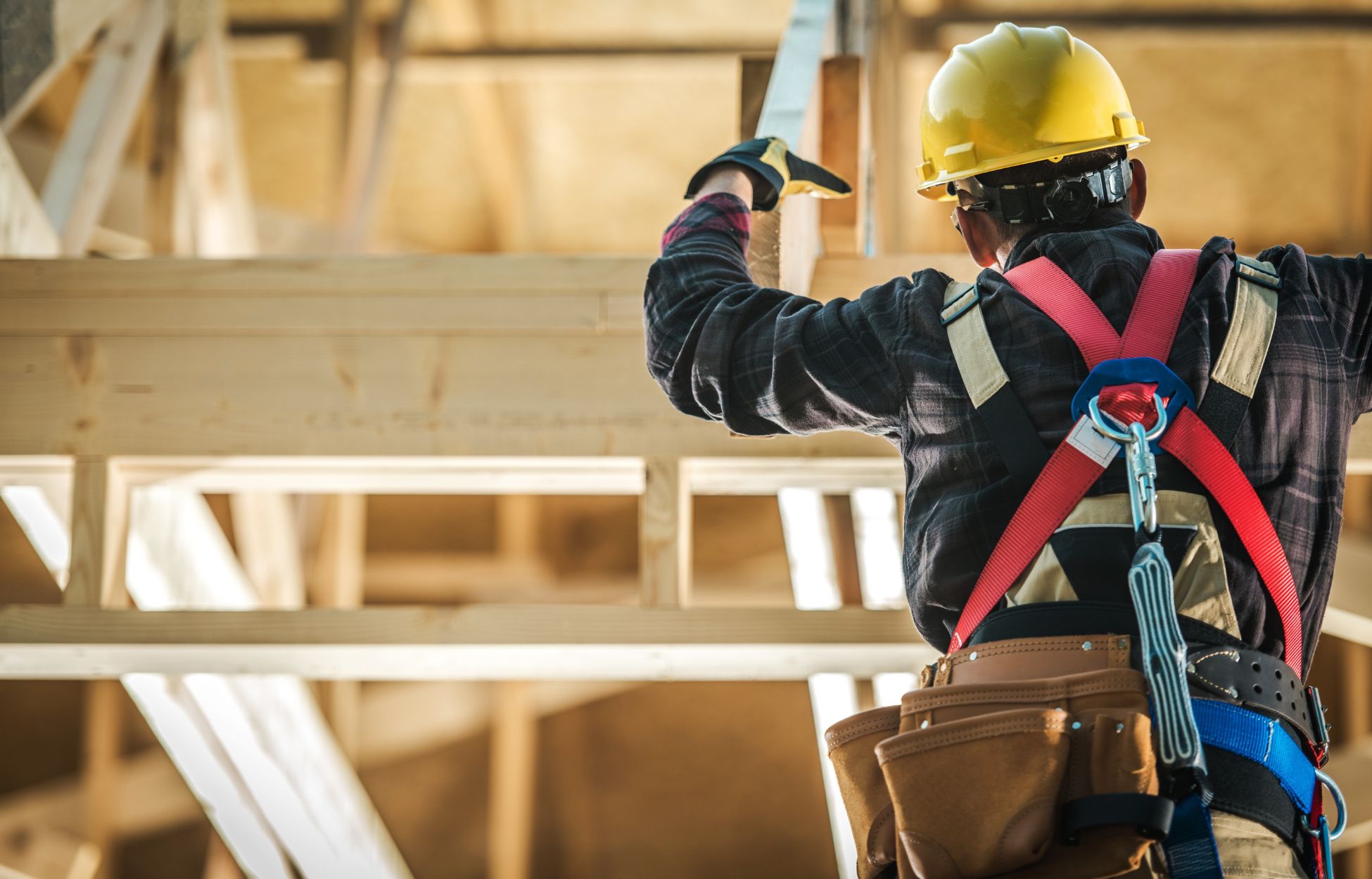
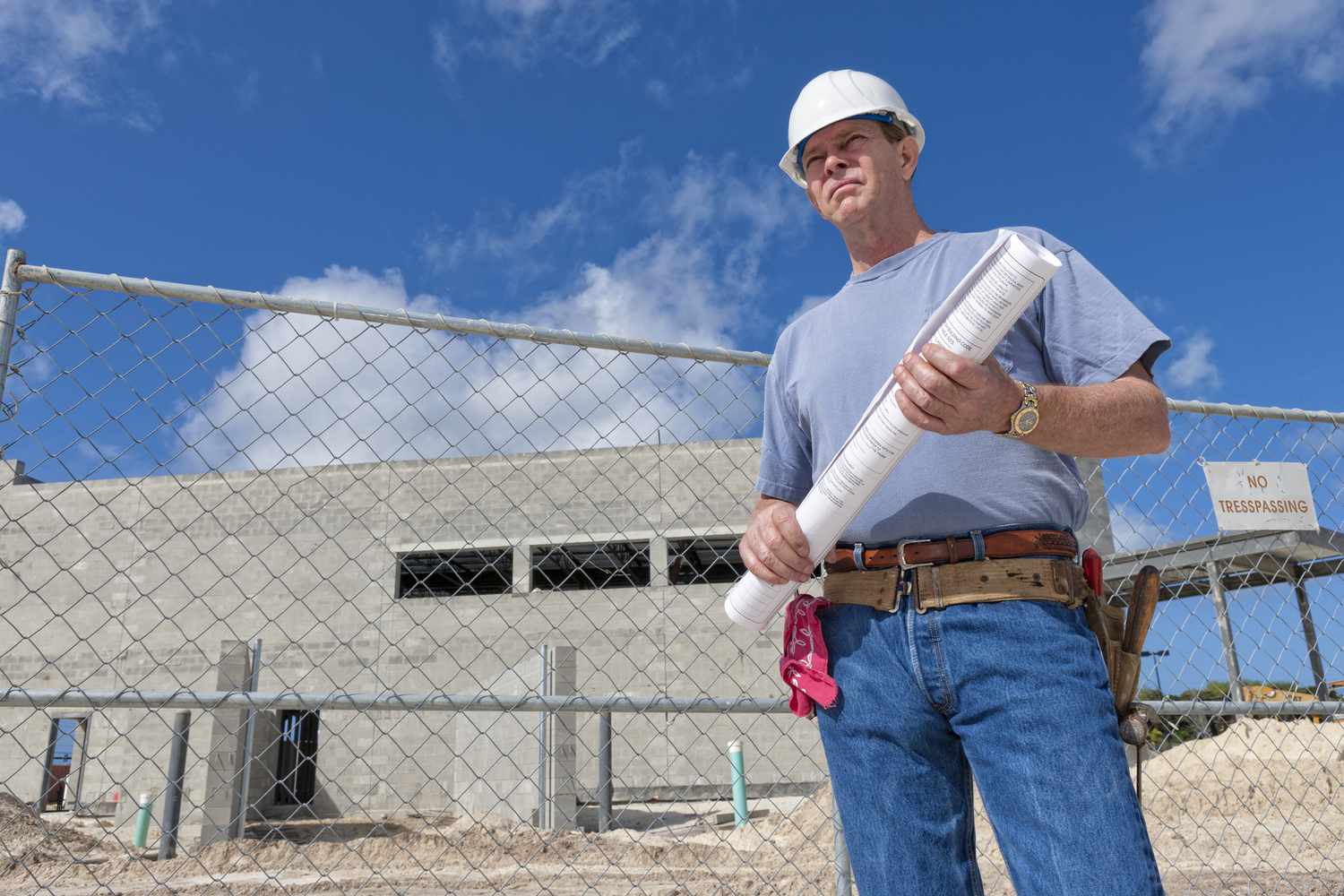



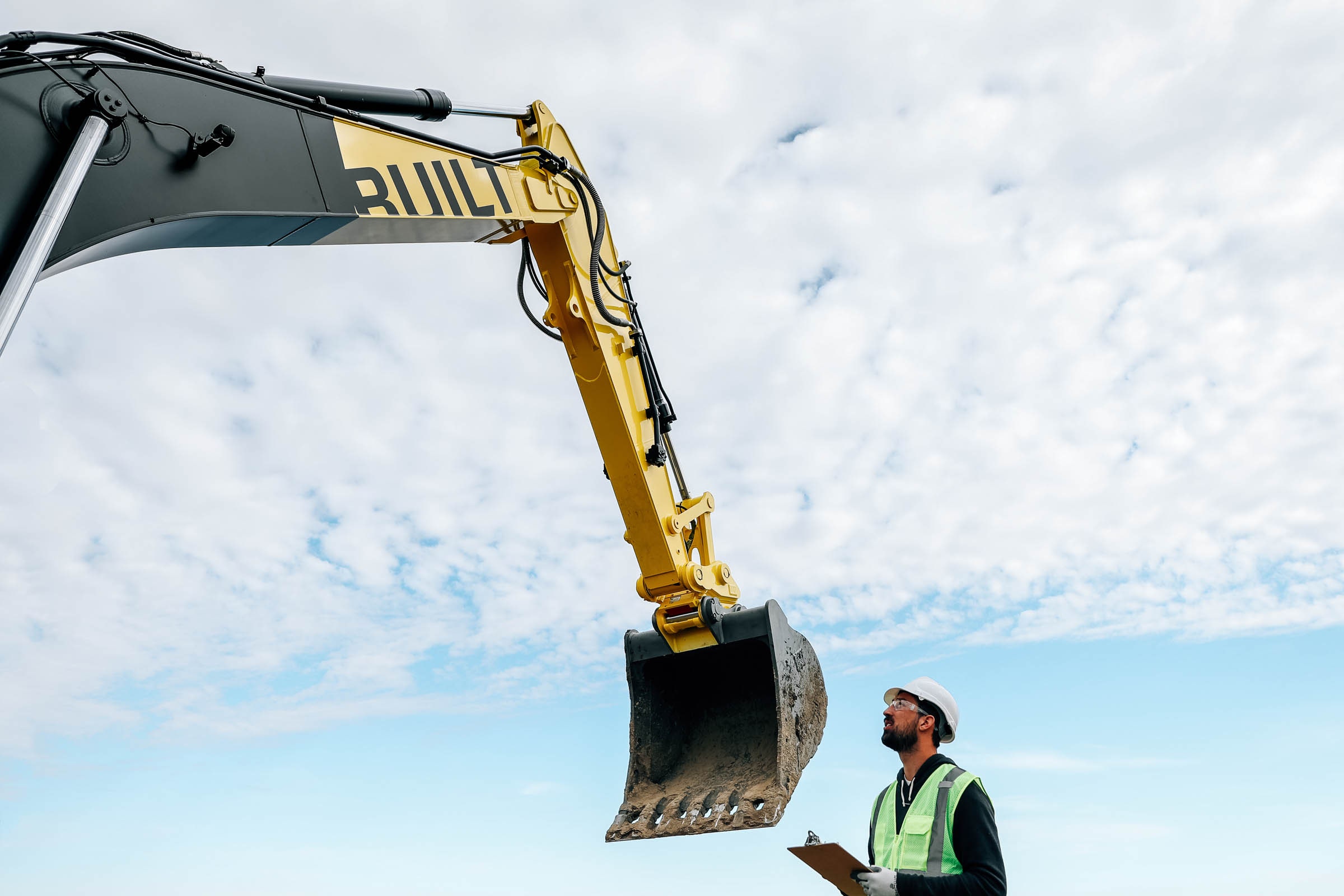
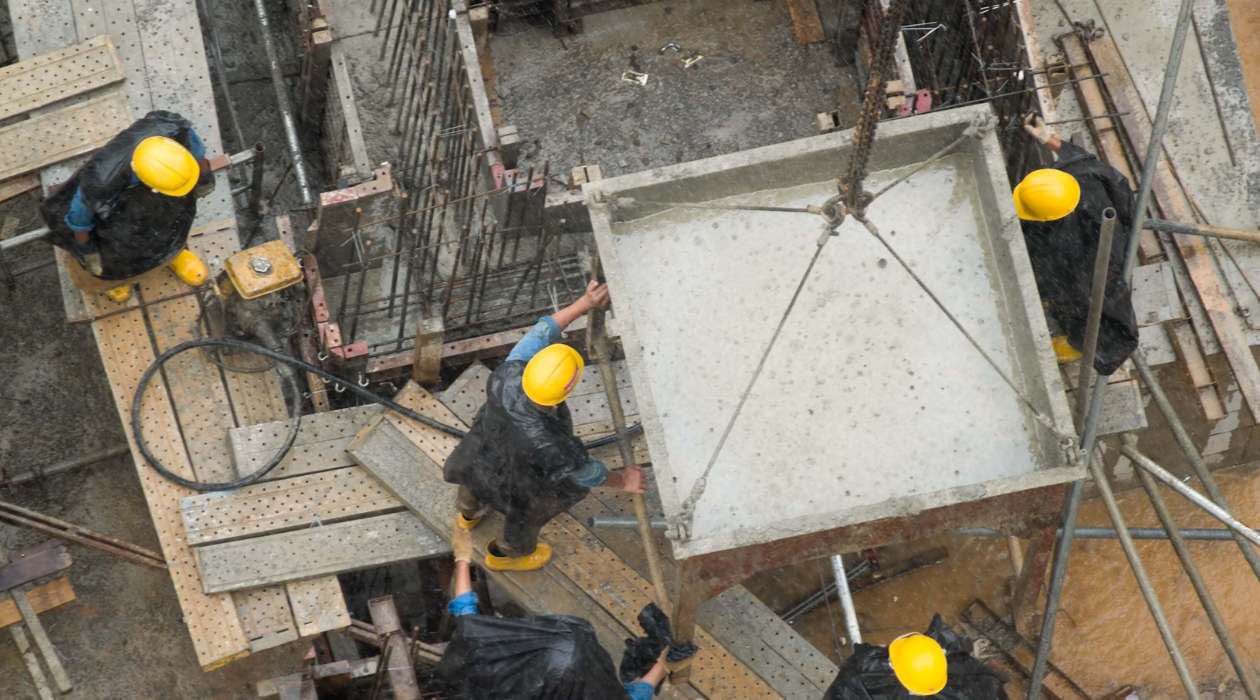

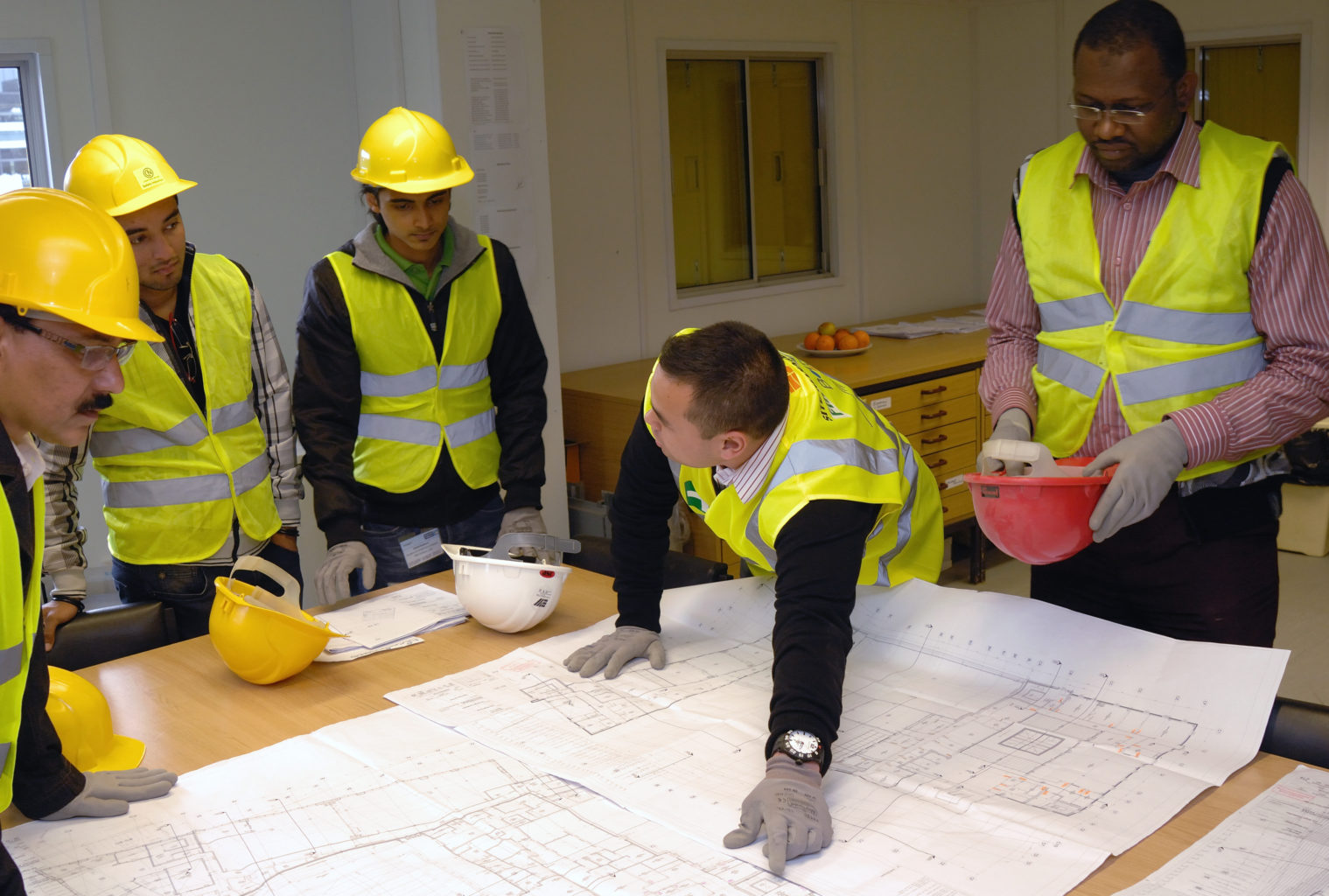






0 thoughts on “What Education Do You Need To Become A Construction Worker”